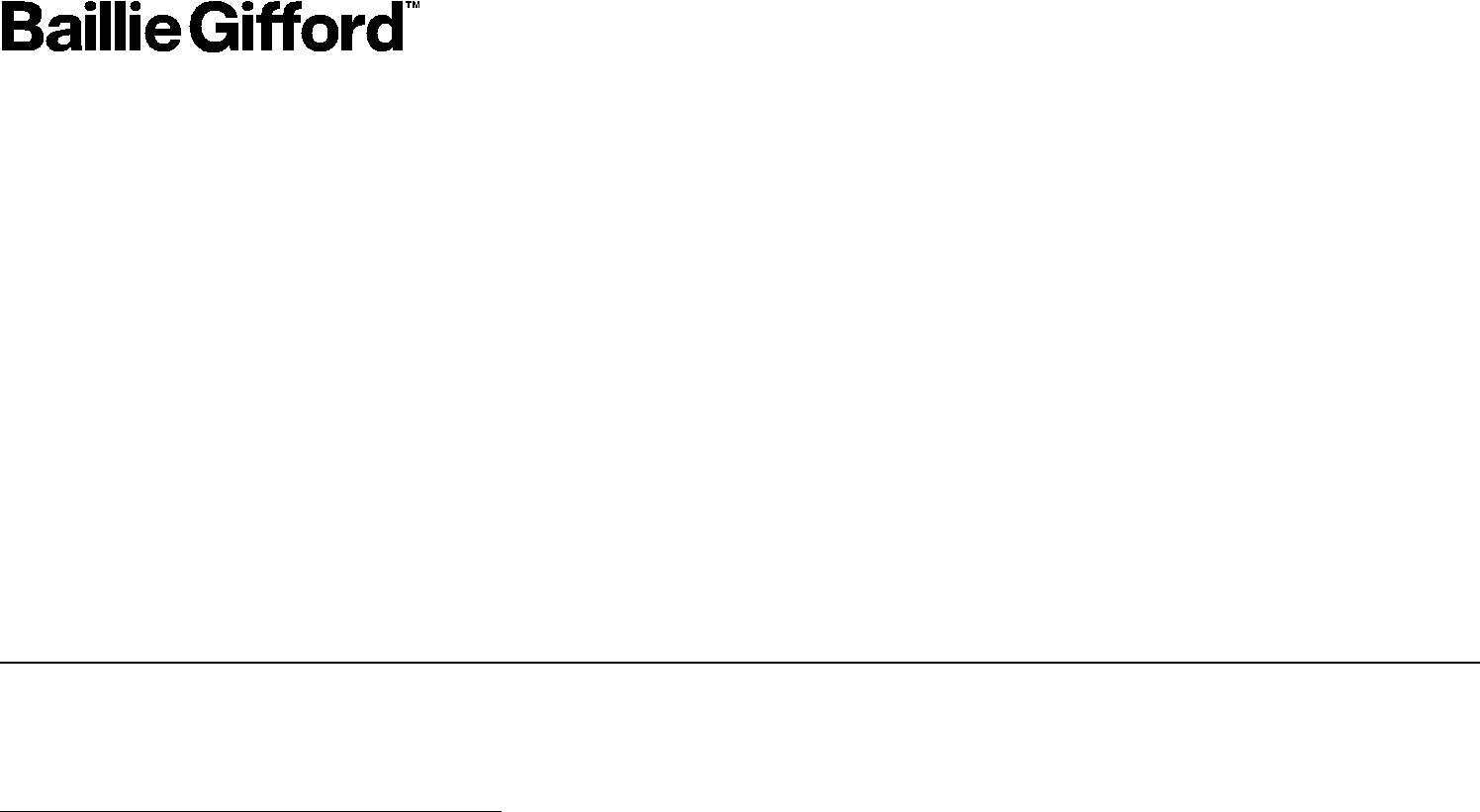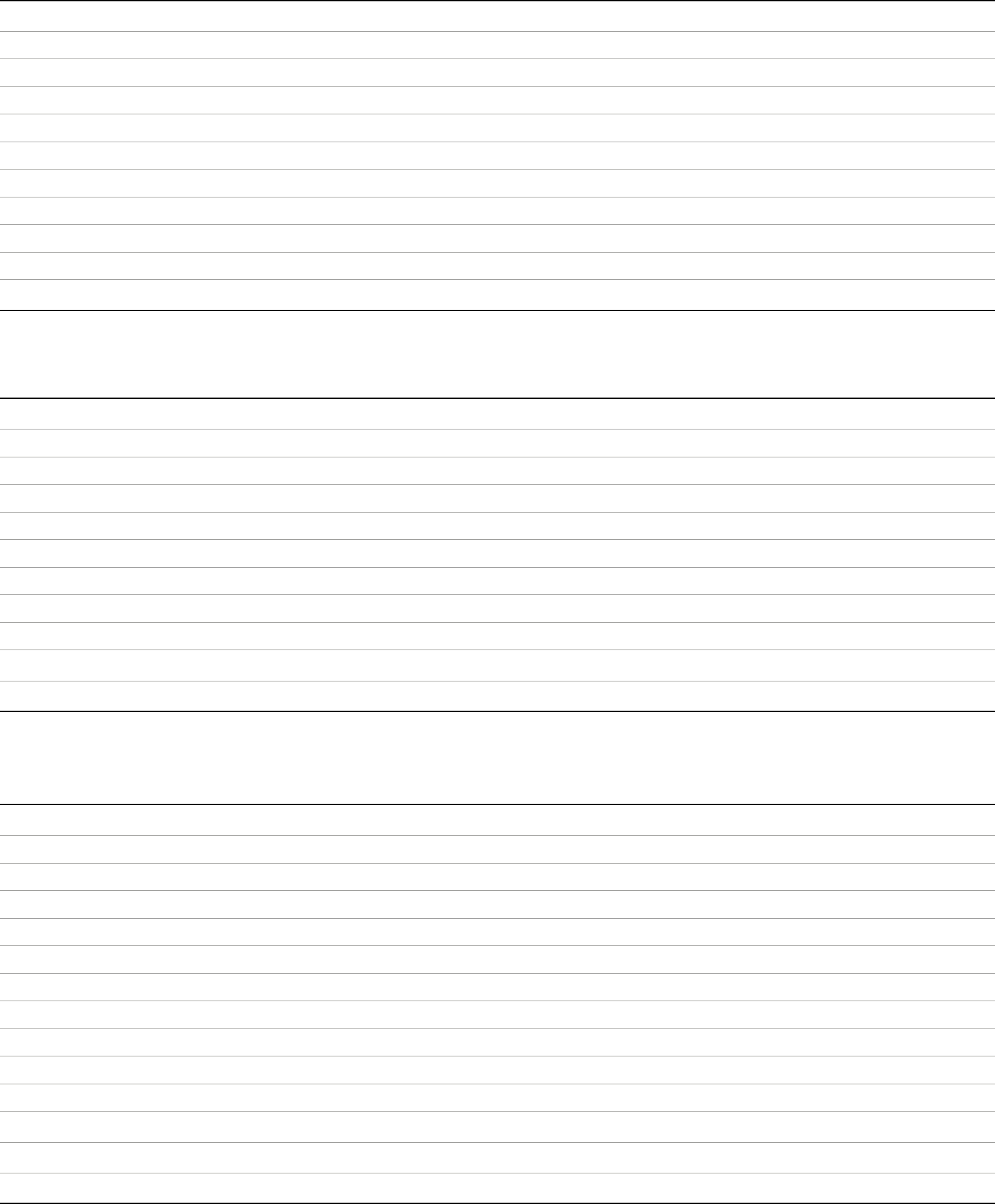Note: Additional disclosure requirements for specific roles are detailed in the PA dealing supporting document and entity-specific compliance policies.
On an ongoing basis, you must:
șFollow the Firm’s guiding ethical principles.
șTake responsibility for personal compliance risks related to the Code of Ethics.
șUse the Firm’s Code of Ethics System to obtain pre-clearance for personal activities (where required) and log compliance records.
șUnderstand that the Compliance Department is available for advice but prioritises client and Firm matters over personal issues of staff.
In addition:
șThe Head of Compliance (whom failing, a delegate) can clarify the Code’s meaning and provide waivers in exceptional cases, except where it would breach regulatory requirements.
șA material violation of the Code may result in disciplinary action, remuneration clawback, or reporting a Conduct Rule breach to the UK Financial
Conduct Authority and other applicable regulators. Report any potential violations immediately to the Conduct & Market Oversight team at CodeofEthicsQueries@bailliegifford.com (secure mailbox).
Personal account dealing
Baillie Gifford prioritises clients’ interests, ensuring they receive the best possible trade execution. To uphold this standard, you must avoid actions that could disadvantage clients through personal account (PA) dealing. The Firm permits PA dealing under specific restrictions, allowing you and your connected persons to conduct investment transactions within these guidelines. You must also ensure that PA dealing does not detract from your primary job responsibilities.
Note: “Connected persons” and a list of applicable securities are fully defined within the PA Dealing supporting document.
PA dealing is prohibited where:
șYou know Baillie Gifford is actively considering an investment opportunity.
șBaillie Gifford is trading applicable securities for clients.
șYou or Baillie Gifford possess material non-public information.
șIt involves misuse or improper disclosure of confidential or proprietary information related to clients or trading.
In addition:
șDo not advise, recommend or procure others to enter transactions prohibited under our PA dealing requirements. This includes disclosure of information or opinion which is likely to result in such transactions.
șDo not enter a PA deal or insurance contract to hedge against deferred remuneration risks
șObtain pre-clearance using the System before PA dealing in applicable securities. After pre-clearance, instruct the PA deal with your broker by the close of business the next working day.
șAvoid buying and selling, or selling and buying, the same or equivalent securities within 60 days.
șIf you have specific knowledge of a pending
Investment Trust share buy-back, refrain from PA dealing in that Investment Trust until completion.
șProfits from PA dealing in violation of the Code may be subject to disgorgement.
Specific to the Investment department:
șInvestment team members cannot PA deal within seven days before or after clients in a strategy they are involved in have traded the same security. If unaware of pending client activity when requesting pre-clearance, you will not violate the Code.
șInform decision-making groups if you own shares in a company under discussion and consider withdrawing from discussions if there is an unmanageable conflict of interest. Compliance can provide advice and record-keeping support case-by-case.
Inducements
șDo not accept gifts, favours, entertainment, hospitality, or other inducements of material value that could influence your decision-making or make you feel obligated to someone or their company.
șSimilarly, do not offer such inducements that could influence the recipient’s decision-making or make them feel obligated to you or Baillie Gifford.
șSoliciting gifts, hospitality, entertainment, or anything of value is prohibited.
șGiving or receiving cash gifts is also prohibited, and no cash donations should be made in connection with clients or prospective clients.
șAll staff must consider political contributions from a conflict of interest and transparency perspective. There are specific US “pay-to-play” requirements that introduce pre-clearance requirements, detailed in the Inducements supporting document.


